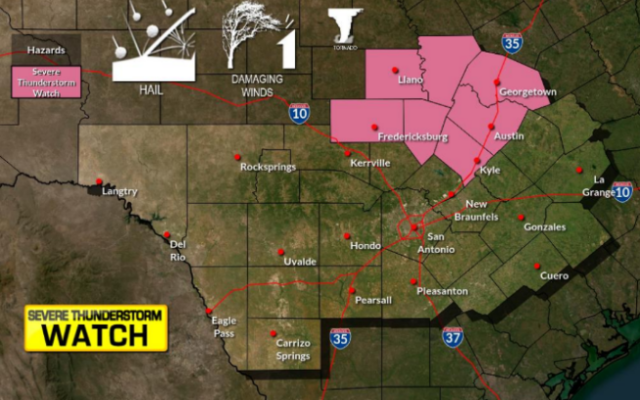USA Football unveils council to oversee developmental model

USA Football has introduced the council that will oversee the implementation of its Football Development Model for the sport.
The FDM, part of the overall American Development Model for athletes backed by the U.S. Olympic Committee, is a first of its kind framework to help parents, coaches and program leaders provide what players need to develop and grow as athletes and people through football participation. Basically, the FDM is a roadmap for how football is presented, practiced and coached from youth through adulthood.
Chairing the council, it was announced Thursday, will be Dr. Brian Hainline, the NCAA’s chief medical officer. Hainline will direct a group featuring doctors, scientists, researchers, coaches, administrators and former players, including Anquan Boldin, a top NFL receiver for most of his 14 pro seasons.
“If we don’t get a multitude of perspectives on different levels, that is a disservice,” says Scott Hallenbeck, USA Football’s CEO. “We will not all agree on every aspect and that will be healthy. We want a professional set of debates and discussions now so that we work toward a consensus. By design, we have a really diverse group of experts in different fields that helps us come together as we pioneer a new approach.”
USA Football, the governing body for the sport, is aiming for up to 10 leagues nationwide as FDM pilot programs this fall. By 2020, the FDM formally will be rolled out to schools and youth football programs.
The model is composed of six pillars:
—a whole-person and multisport approach to development;
—a focus on physical literacy and skill development;
—coach education and training;
—creating multiple pathways and options into and within the sport, such as non-contact and flag football, 7-on-7 programs, as well as full contact;
—making football fun and fulfilling;
—participation in the sport and retention of the athletes.
“When we look at football in particular, the sport is undergoing its own sort of existential crisis,” Hainline says. “And a lot of info out there is emotionally based as well as factual. There are some really extreme positions, so getting some really respected thought leaders on this board is significant. I am a former player — not a very good one, but I played — and I see the inherent value of all sports if we can learn to do them safely.
“The premise is that football is an aggressive, rugged, contact sport. So learning how to engage your body at a young age in a way that … will allow you to progress at whatever level you want to progress and play is critical. It’s exciting to be able to do this for any sport, but in particular for football, perhaps the most polarizing sport, and where misinformation is most rampant.”
Hallenbeck, Hainline and Chris Snyder, USOC director of coaching education, believe a successful FDM could have a major impact on similar models in other sports. Already, such disciplines as ice hockey and tennis have experienced impressive success with their programs.
Many sports under the USOC umbrella have used cross-promotions and cross-marketing approaches. By unifying the message that the ADM programs teach the proper values and safety methods, decrease the cost of play, and make a sport rewarding for participants, Snyder says it “makes for a better product for the right reasons.”
“We can all play together in this space,” Snyder says. “We’re all confident we can build a better product and let kids make decisions on their own. If football does it the way they are showing they want to, the (FDM) will have such an impact throughout. America embraces the sport, and we want to see it played on every level. If football comes out with this — ‘Here’s is how we are making it … a sport for everyone, getting more females active, getting more people active’ — we only build a better America. We use fitness and health to reduce other issues, and that’s part of the puzzle of making America strong.”
___
More AP sports: https://apnews.com/tag/apf-sports and https://twitter.com/AP_Sports
You Might Also Like



